A bit of Good News for today to put world progress in greater perspective
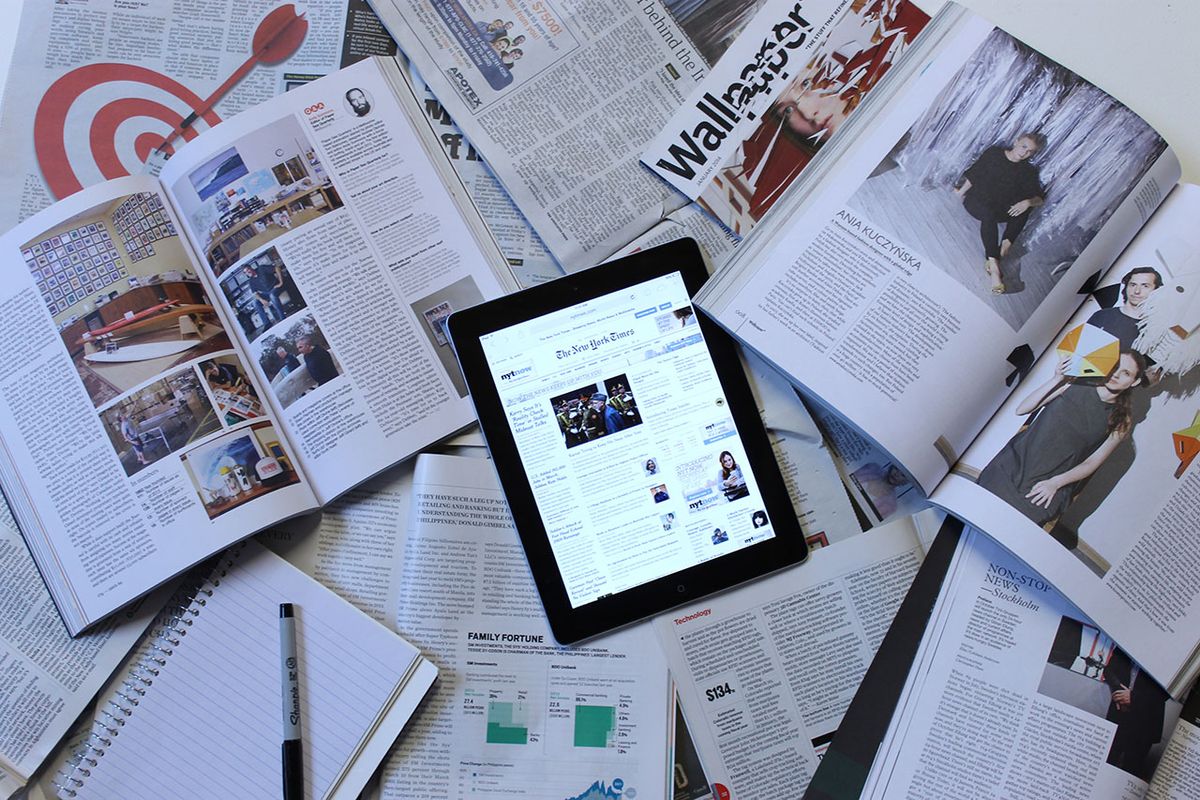
A few minutes every morning is all you need.
Stay up to date on the world's Headlines and Human Stories. It's fun, it's factual, it's fluff-free.

With constant doom-and-gloom media reports surrounding us, it is easy to grow pessimistic. Honesty about life’s darker realities can spur us to action and progress, but too much negativity leaves us feeling paralyzed and completely helpless…. So let’s balance out our headline consumption and take a moment to appreciate some good news for today.
And yes, there really are good news stories of 2019, and here are just a few of them.With constant doom-and-gloom media reports surrounding us, it is easy to grow pessimistic. Honesty about life’s darker realities can spur us to action and progress, but too much negativity leaves us feeling paralyzed and completely helpless…. So let’s balance out our headline consumption and take a moment to appreciate some good news for today.
And yes, there really are good news stories of 2019, and here are just a few of them.
Extreme poverty is now the lowest it has ever been.
“Over the last 25 years, more than a billion people have lifted themselves out of extreme poverty, and the global poverty rate is now lower than it has ever been in recorded history. This is one of the greatest human achievements of our time.” –World Bank Group President Jim Yong Kim
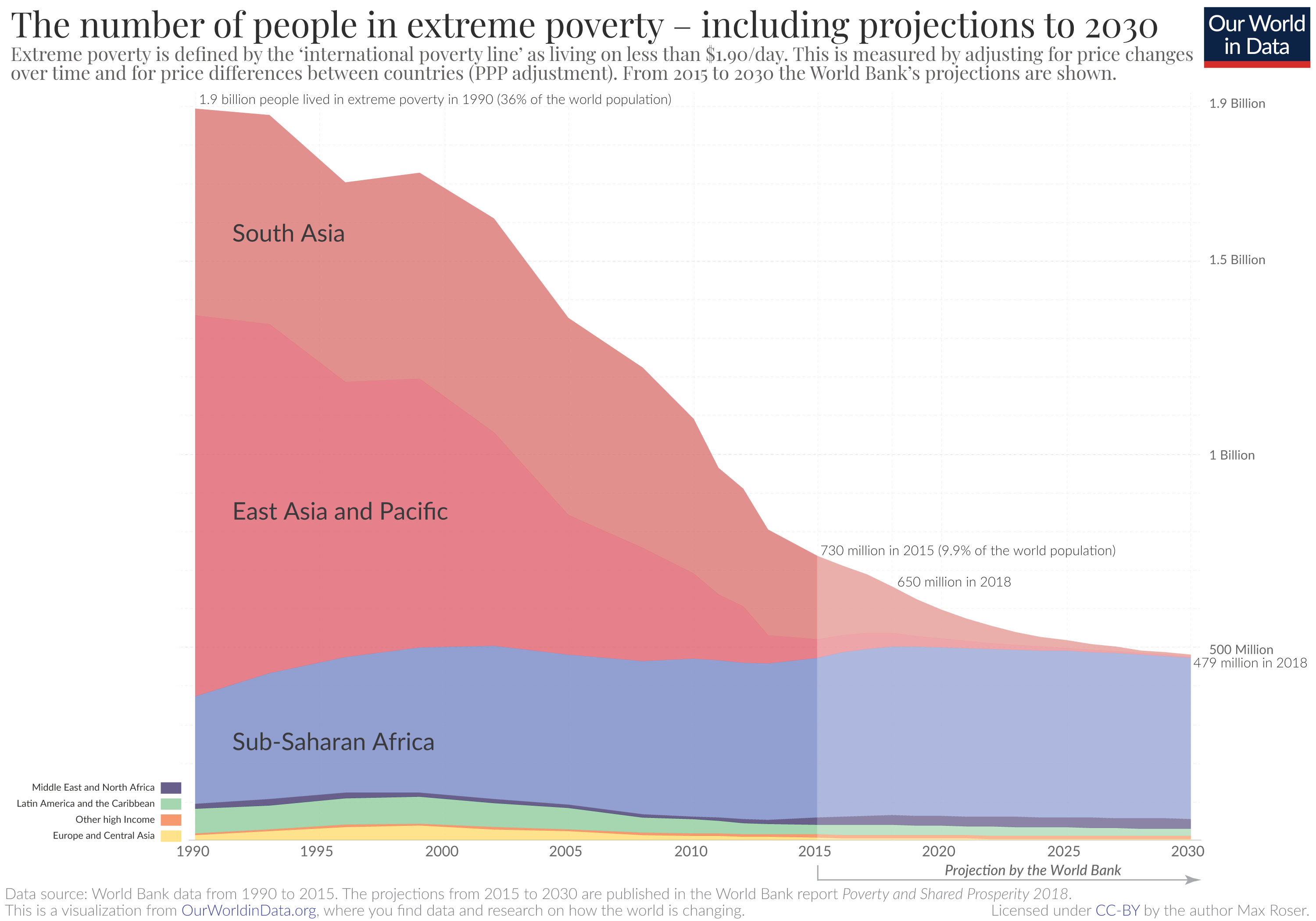
According to the World Bank, the percentage of people living in extreme poverty is now at 8%, down from 10% in 2015 and the lowest level ever recorded. The World Bank defines extreme poverty as living on less than US $1.90 a day, adjusted for cost-of-living differences across nations.
While every decrease in global poverty is a massive improvement, the data also shows that the majority of recent progress has occurred in South Asia, primarily India. Over the past few years, the number of people living in extreme poverty in some other regions, including East Asia, the Pacific and Sub-Saharan Africa, has actually grown.
So there is plenty of work left to do. Still, it is amazing news that if you are 29 years old, the proportion of people living in extreme poverty worldwide is now less than one-fourth of what it was on the day you were born.
New Zealand has launched a new “wellbeing” budget.
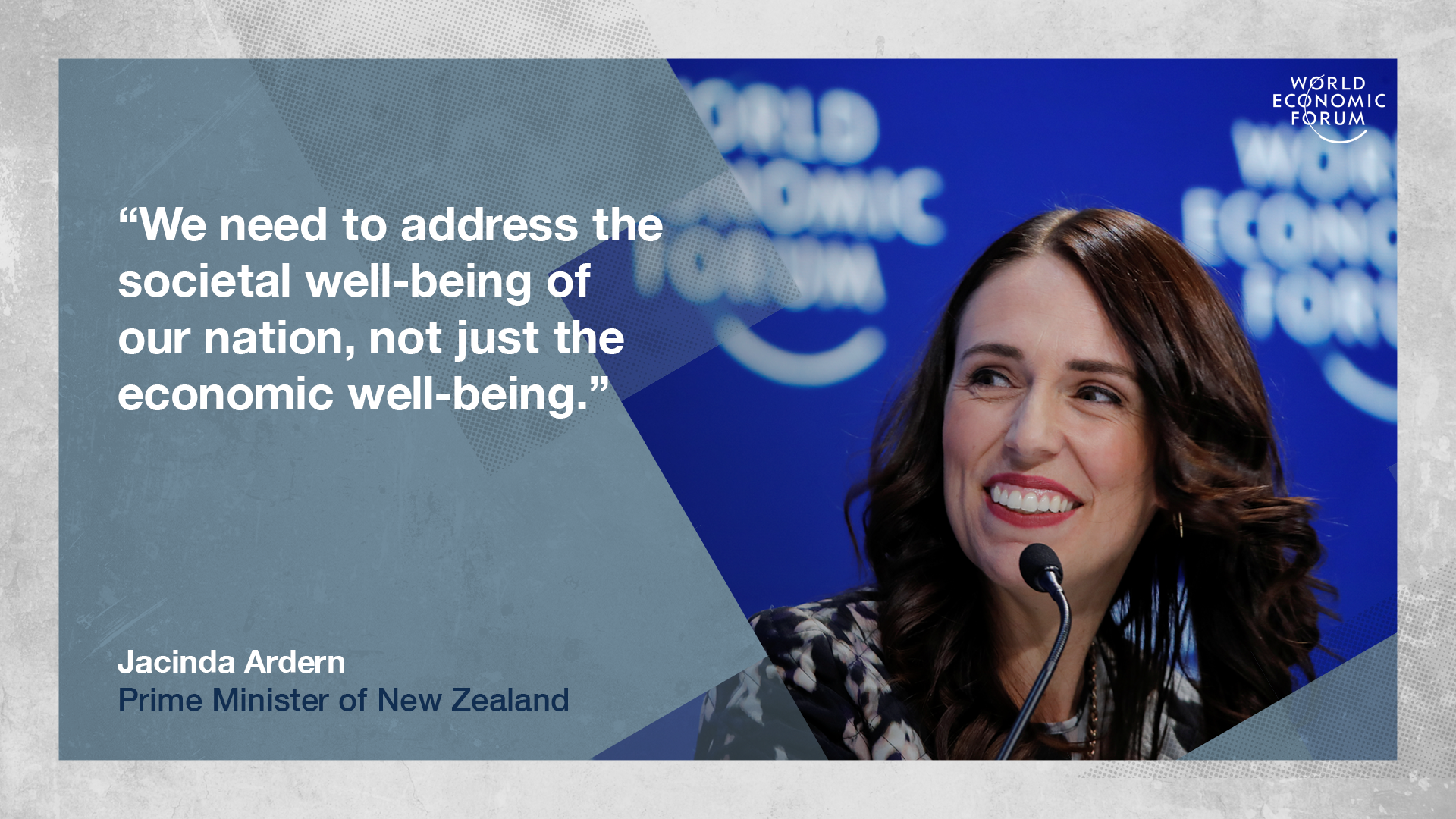
Prime Minister of New Zealand Jacinda Ardern is once again being applauded for her compassionate leadership. Under Ardern’s direction, New Zealand has become the first highly developed, capitalist nation to make well-being a central element of its national budget.
This innovative act officially recognizes that the well-being of people cannot just be measured in economic terms. Referencing a speech made by US politician Robert Kennedy 50 years ago, Minister of Finance Grant Robertson said that New Zealand has chosen “…to value and to measure all that makes life worthwhile.
The small Asian nation of Bhutan expressed similar goals in 1972, when King Jigme Singye Wangchuck stated that he valued his country’s Gross National Happiness more than its gross national product. Some US and Canadian cities now use “GNH" measures, but no country of New Zealand’s wealth and prominence has ever joined the movement before.
The priorities named in New Zealand’s budget plan include a commitment to mental health, improving child well-being and investments in a low-carbon future.
Large Amazonian region in Ecuador is now protected.
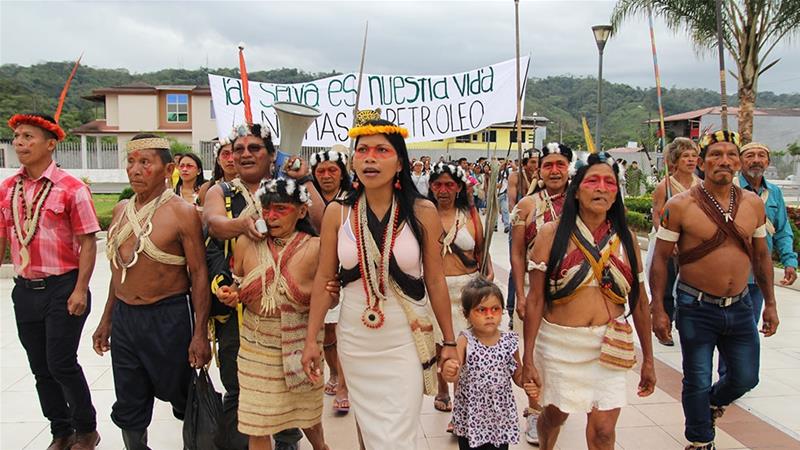
In early May of this year, hundreds of Indigenous Waorani people traveled to Ecuador’s capital city of Quito. With legal assistance from the nonprofit organization Amazon Frontlines, they successfully defended half a million acres of their Amazon territory from oil exploration.
“Our ancestors’ bones are buried under this earth,” the Waorani people stated in a letter to the Ecuadorian government. “Deer, boar and jaguar still roam free across this land. Our memory, our language, and our songs are born from the forest, and we will ensure that they live on, generation after generation.”
This ruling upholds the Ecuadorian constitution’s commitment to protecting Indigenous people and their right “to maintain possession of their ancestral lands”. Many countries have broken similar promises, so the ruling is a huge victory for Indigenous peoples’ rights worldwide.
Global commitment to “No More Plastic” is growing.
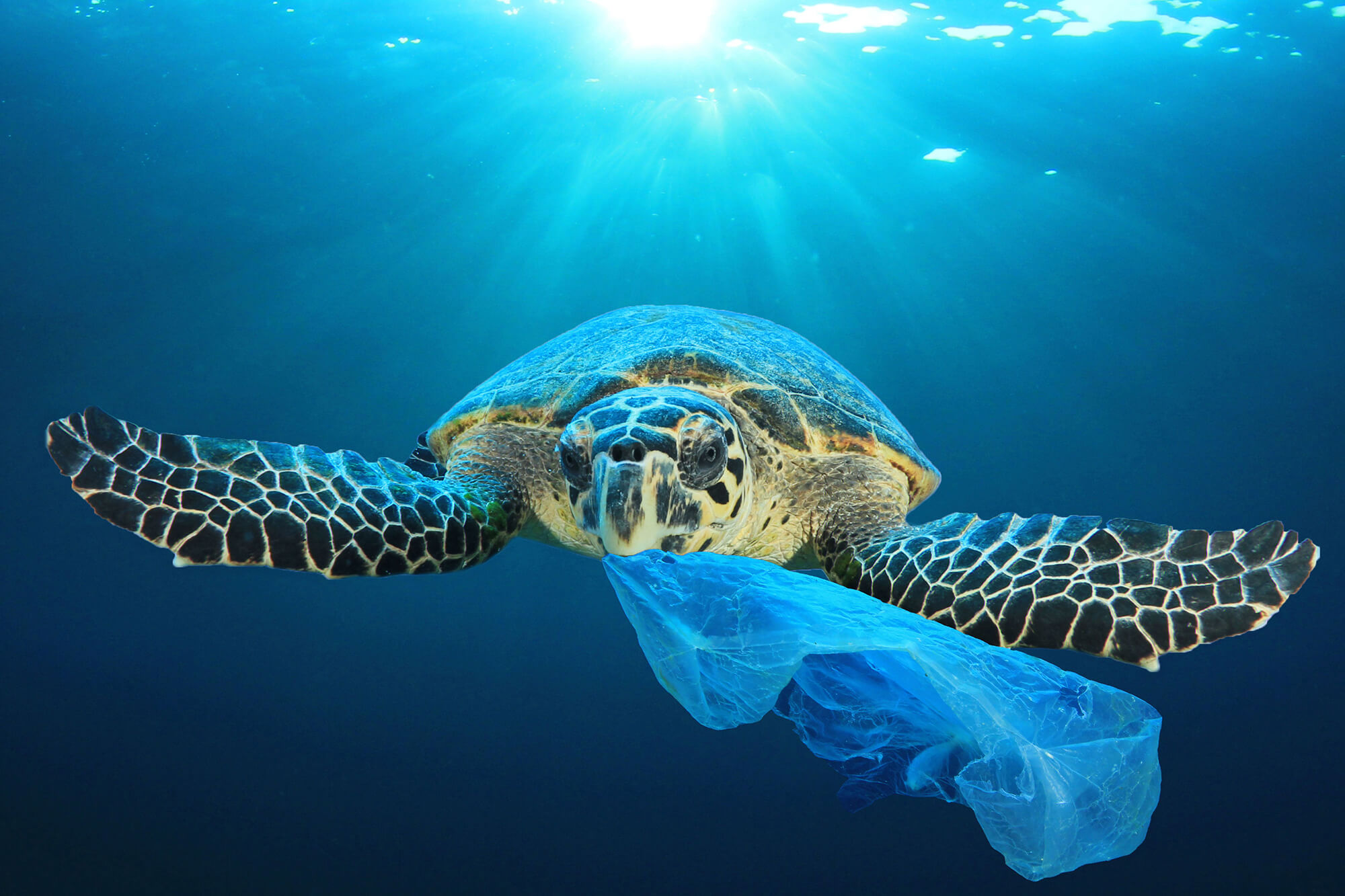
As of May 2019, 187 countries have signed the United Nations pact to reduce plastic consumption. Created at a two-week meeting in Switzerland, this legally binding framework ensures that nations are transparent about regulating their plastic waste and toxic chemicals consumption.
A number of countries including Germany, Canada, France, Italy and the UK want to take it a step further, calling for a ban on all single-use plastics by as early as 2021. Gerd Mueller, the German Minister for Economic Cooperation and Development, has spoken out for quicker action. Germany should “…not wait for Europe and immediately ban disposable plastic bags," he declared, adding that at the current rate of plastic use, “…we will sink under the garbage.”
In Australia, according to the National Retail Association, a plastic bag ban across major retailers has led to an “80% drop in the consumption of plastic bags nationwide.”
At The Millennial Source, we are committed to showing you the world as it is, both the bad and the good.

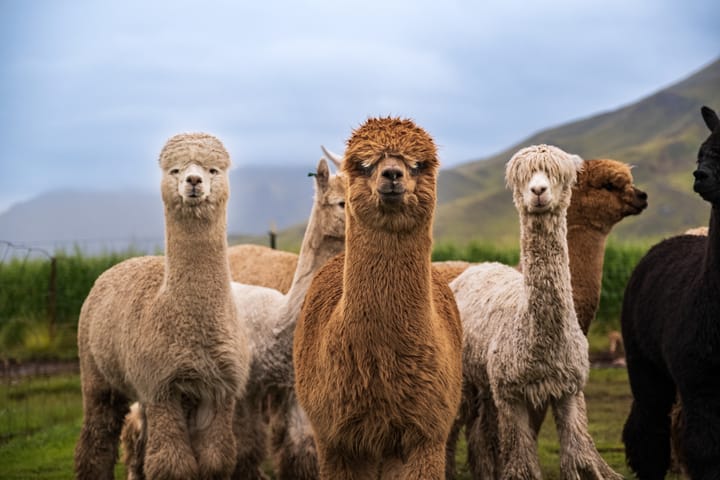


Comments ()